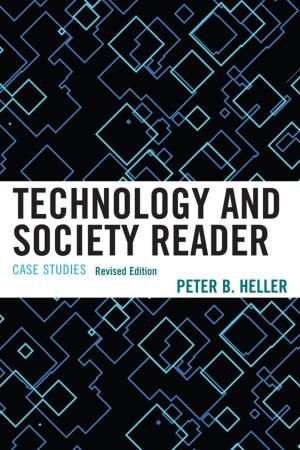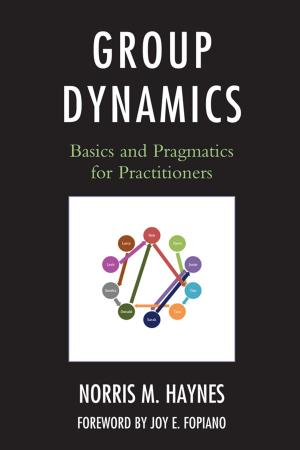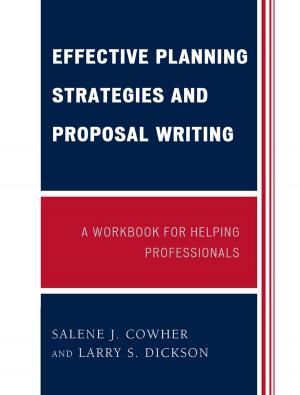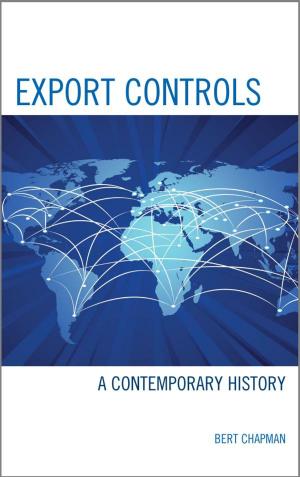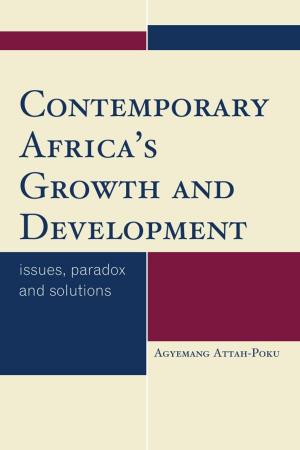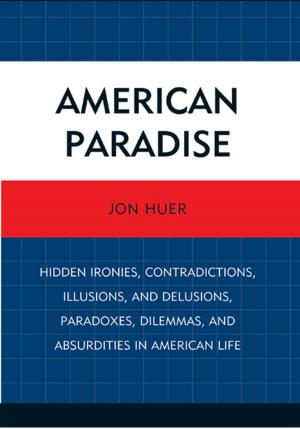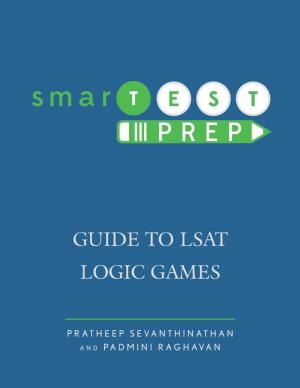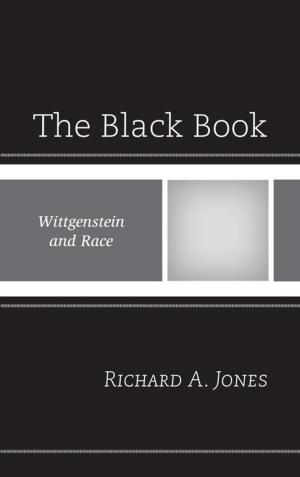Counter-Terrorism
Narrative Strategies
Nonfiction, Religion & Spirituality, Philosophy, Political, Social & Cultural Studies, Political Science| Author: | Ajit Maan | ISBN: | 9780761864998 |
| Publisher: | UPA | Publication: | December 16, 2014 |
| Imprint: | UPA | Language: | English |
| Author: | Ajit Maan |
| ISBN: | 9780761864998 |
| Publisher: | UPA |
| Publication: | December 16, 2014 |
| Imprint: | UPA |
| Language: | English |
Understanding and harnessing the persuasive powers of narrative is central to U.S. and international counter-terrorism efforts. There is an urgent need to understand the narrative tactics of terrorist recruitment and an equal if not greater need to destabilize and exploit the weaknesses of those narratives.
Maan makes a connection, unique to terrorism studies, between the mechanisms of colonizing narratives and psychological warfare aimed at the recruit. The power of both relies on misidentification, both types of narratives encourage individuals to take actions contrary to their best interests, and both are insidious: they are continued internally without the implementation of external physical force.
While these narrative strategies have been powerful, Maan makes the argument, also unique to terrorism studies, that certain types of compositional structures lend themselves to manipulation and the weakness of those structures can be exploited from a security standpoint.
Understanding and harnessing the persuasive powers of narrative is central to U.S. and international counter-terrorism efforts. There is an urgent need to understand the narrative tactics of terrorist recruitment and an equal if not greater need to destabilize and exploit the weaknesses of those narratives.
Maan makes a connection, unique to terrorism studies, between the mechanisms of colonizing narratives and psychological warfare aimed at the recruit. The power of both relies on misidentification, both types of narratives encourage individuals to take actions contrary to their best interests, and both are insidious: they are continued internally without the implementation of external physical force.
While these narrative strategies have been powerful, Maan makes the argument, also unique to terrorism studies, that certain types of compositional structures lend themselves to manipulation and the weakness of those structures can be exploited from a security standpoint.

